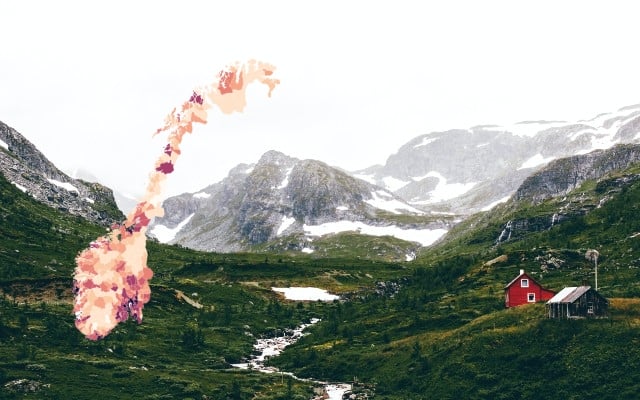The latest figures from the Norwegian Institute of Public Health show that there are 12 municipalities yet to register any infections.
Unsurprisingly, island municipality Kvitsøy, which is the smallest municipality in size at just 6.2 square kilometres and one of the smallest by population (531, according to Statistics Norway data from the most recent census in 2014) has stayed completely Covid free.
Although the have yet to record a single case, its inhabitants have still had to live under many strict measures.
“Although we have managed to keep corona away, we have felt its impact nevertheless,” the manager of the only store on the island, Kate Brynlund, told broadcaster NRK.
It’s not just island municipalities that have not registered any Covid-19 infections since the outbreak.
The mainland municipality of Hattfjelldal in the Nordland county has also not registered a single case.
“We are an outlying municipality in that we have closed the border to Sweden. In addition, people are very scattered about here, and some luck also comes into play,” the mayor of the municipality, Harald Lie, told NRK.
Despite not registering any cases of Covid-19, municipalities like Hattfjelldall, as well as Rindal in Trøndelag have lived under the strict national measures that have applied to the rest of the country.
That means, for example, the children from different classes have been unable to play with one for over a year now.
NIPH senior medical consultant Preben Aavitsland has noted a common theme shared by the uninfected municipalities.
“These are mostly small rural municipalities, which are far from the nearest town,” Aavitsland said to NRK.
He also called the biggest factor behind these municipalities staying Covid-free: luck.
“It is probably first and foremost about luck, but also a little about minimal contact with other municipalities and very small populations”, he said.
READ ALSO: Why there are still reasons to be positive about Norway’s Covid-19 situation



 Please whitelist us to continue reading.
Please whitelist us to continue reading.
Member comments